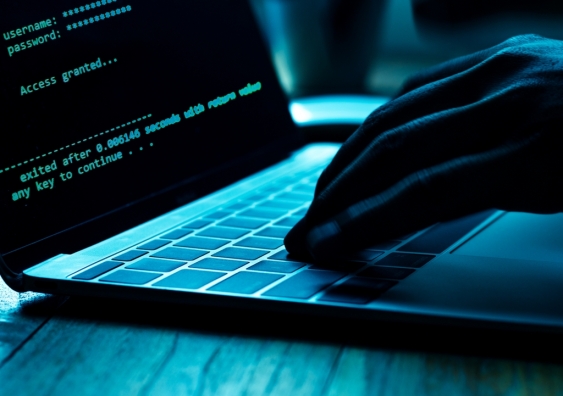Earlier this week, Prime Minister Scott Morrison announced Australia’s largest-ever investment in cybersecurity – $1.35 billion in existing defence funding to be spent over the next decade.
But experts have warned such measures will be of limited use unless businesses take action to educate themselves and improve cybersecurity within their organisational structures properly before it’s too late.
Who was behind the recent attacks?
The announcement followed a public warning earlier this month that several Australian governments, businesses and political organisations were exposed to an escalating series of cyberattacks from a “sophisticated state-based cyber actor”.
The Prime Minister would not identify the nation Australia believed responsible. But he said, “there aren’t too many state-based actors who have those capabilities”, leading many experts to suspect it was China behind the attacks.
“Everyone seems to think it’s China – they certainly seem the most obvious,” said Richard Buckland, Professor in Cybercrime, Cyberwar and Cyberterror at the School of Computer Science and Engineering UNSW Sydney.
“But what’s interesting about these attacks is that they’re not very sophisticated. [So] my thought is, these [cyberattacks] were intended to be discovered. It’s a bullying strategy,” Prof. Buckland observed.
“If they really wanted to cause harm, there would be other ways,” he said, suggesting the cyberattacks could have been much worse.
COVID-19 has seen rising trade tensions, the most notable being the recent threat to Australian barley and beef exports to China.
While China has claimed that the announcements are unrelated to Australia’s call for an independent international inquiry into the cause of the pandemic, the timing of it seems to be part of a global trade onslaught.
But the recent cyberattacks trace back to pre-COVID-19, suggesting the role of economic espionage through cyberattacks plays a much more significant role in geopolitics than the current timing suggests.
Worryingly, this also means that future attacks are highly likely, if not inevitable.
“That such a simple and out-of-date attack would work against us, is a damning indictment of our level of preparation,” added Prof. Buckland.
Is Australia prepared for future cybersecurity threats?
“The recent cyberattacks were in place before COVID-19 and before Australia’s call for an investigation into coronavirus,” said Greg Austin, Professor at UNSW Canberra and Senior Fellow at the International Institute for Strategic Studies, where he leads the program on Cyber, Space and Future Conflict.
“But certainly, the new confrontation and tension between China and the United States and China and Australia do not help,” said Prof. Austin.
While Australia’s cybersecurity problems existed long before trade tensions, foreign economic espionage through cyberattacks is undoubtedly on the rise. This is in part because the Australian government has not been able to put in place a cybersecurity strategy that meets even the basic needs of the government or business, explained Prof. Austin.
However, Australia is not alone in this, and many countries are in a very similar situation. “Australia is not necessarily doing far worse than other countries, but other countries also need to lift their game,” added Prof. Austin.
What steps should businesses take to protect themselves?
The business community should be asking more of the government, said Prof. Austin. “We should expect consistency, in terms of [cybersecurity] policies and the delivery on what was promised,” he said.
Too many companies are seeking to address their cybersecurity problems by looking at only the technical aspects – but often, it is people who make critical mistakes, explained Prof. Austin.
“Companies that can work more effectively in the area of management and organisational change to achieve cybersecurity will certainly be more effective than ones that focus narrowly on the technical,” he added.
So how do Australian businesses stack up in terms of cybersecurity compared to other countries? As a general rule, the further you are away from seeing it as vital to business to defend yourself, the worse you are, said Prof. Buckland.
As a starting point, he urged businesses should ensure they are taking actions to improve staff training and awareness of cybersecurity fundamentals, including being tricked by fraudsters, invest in and have a dedicated cyber team or capability and regularly and independently test the cybersecurity mechanisms already in place.
For the full story visit BusinessThink.













